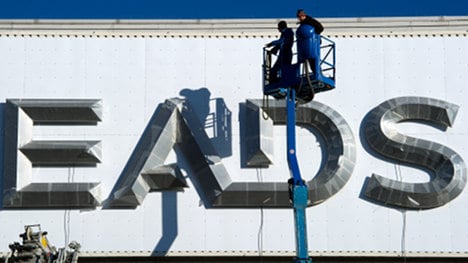EADS, dominated by Germany and France, and British BAE Systems were expected to announce today whether they would join forces, but talks collapsed when France and the UK fell out over how the new company would be divided, the Frankfurter Allgemeine Zeitung reported.
If they joined, they would have made a €3.5 billion aerospace behemoth and even on Tuesday morning talks appeared to be approaching an agreement.
“We are shocked at reports coming from Berlin,” said an EADS spokesman in Munich.
A final decision should be announced tomorrow, at 6pm – a deadline imposed by the London Stock Exchange. But British Defence Minister Philip Hammond did not seem confident that the three countries would be able to settle on how to divide a new, merged company.
“In all honesty I don’t think there’s much of a change that there will be an agreement by Wednesday,” he told the paper. It looked likely that they will ask for an extension.
A merger would change the face of the two sectors worldwide, since the new group would make technology on land, sea and the air, building tanks, missile systems, torpedoes, airliners, rockets and satellites.
EADS wants to move into the United States as soon as possible, to access the civilian aviation market, expected to expand in coming years, to boost its arms industry activities, and to broaden its cost base from euros into dollars, the currency of aviation sales.
The French government holds a 15-percent stake in EADS and French industrial and media group Lagardere has another 7.5 percent.
If a merger between EADS and BAE were to go ahead, France would have a direct stake of 9.0 percent in the new company.
The German government is ready to buy Daimler’s 15 percent holding and the 7.5 percent stake held by the public-private consortium Dedalus to maintain Franco-German parity, Die Welt said.
France wanted to hold a stake jointly with Germany that could eventually rise to above 25 percent in any new company, giving Paris and Berlin a blocking minority – an idea that Britain opposes.
EADS employs about 133,000 people at more than 170 sites worldwide, and posted 2011 sales of €49.1 billion. BAE employs 83,600 people, mainly in Australia, Britain, India, Saudi Arabia, and the US, and reported sales last year of £17.77 billion (€22.4 billion).
AFP/DPA/The Local/jcw/hc



 Please whitelist us to continue reading.
Please whitelist us to continue reading.
Member comments